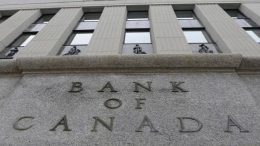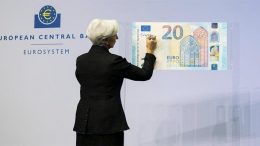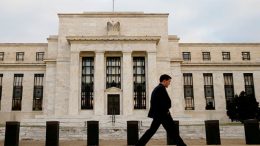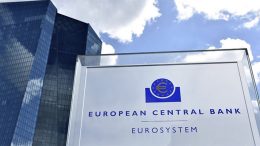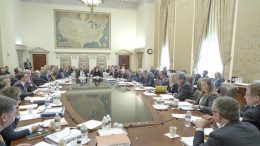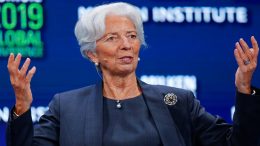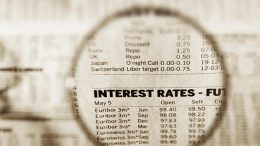Australia And New Zealand To Follow Canada In Tightening Monetary Policy
Intermoney | The progress made in the economic recovery has prompted the Bank of Canada to reduce net purchases of Canadian government debt by 1,000 thousand. CAD 1,000 billion to CAD 3,000 billion as of next week. A move that was supported by a very positive forecast for the world economy, projecting global GDP growth of 6.8% in 2021, 4.1% in 2022 and 3.3% in 2023.

